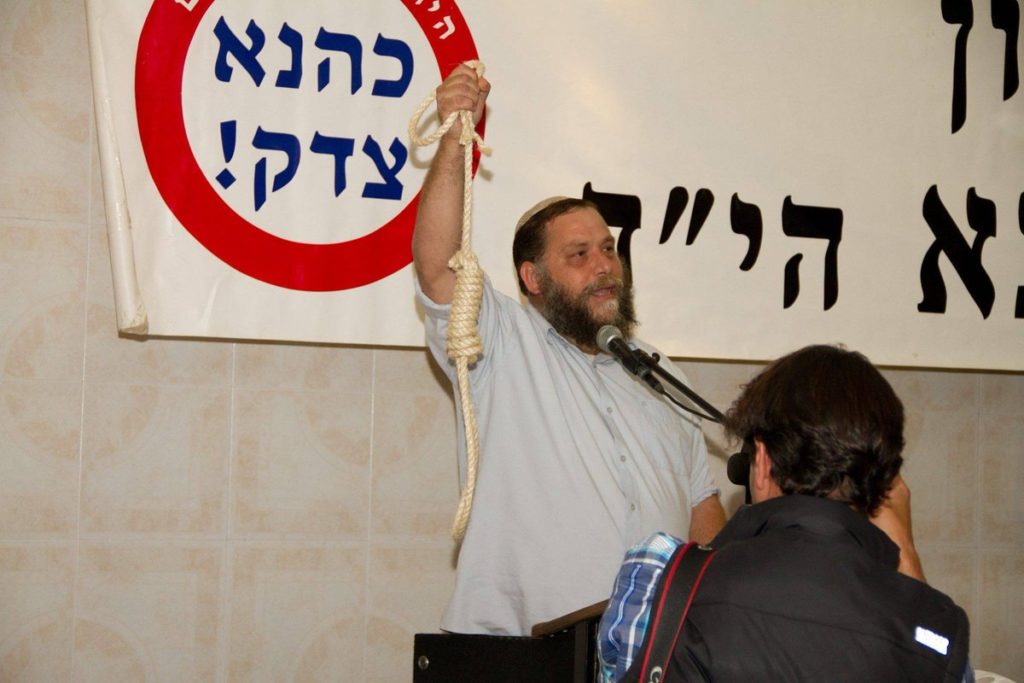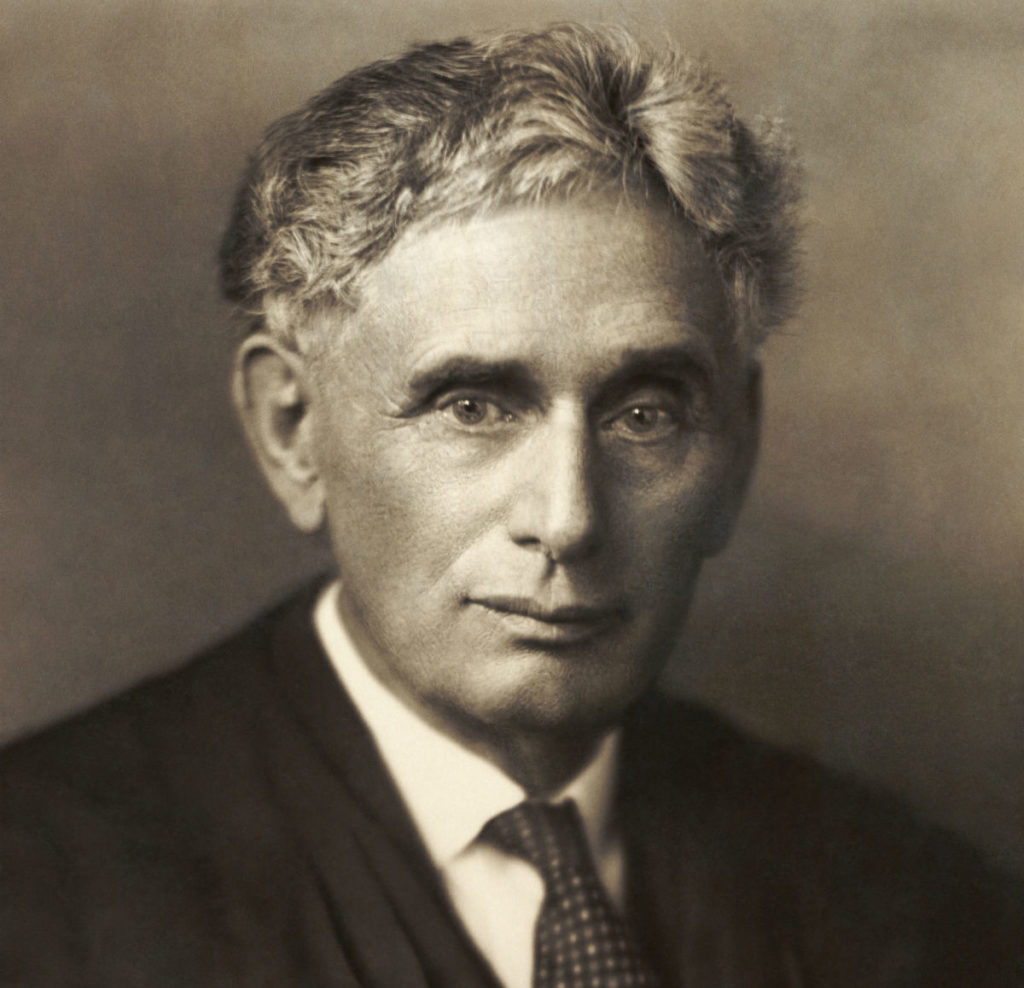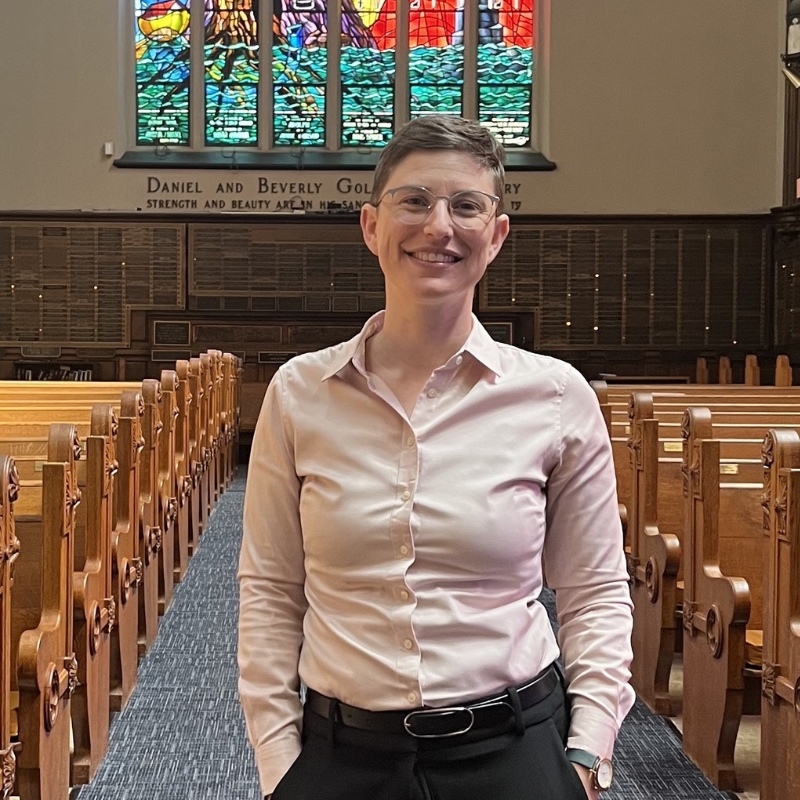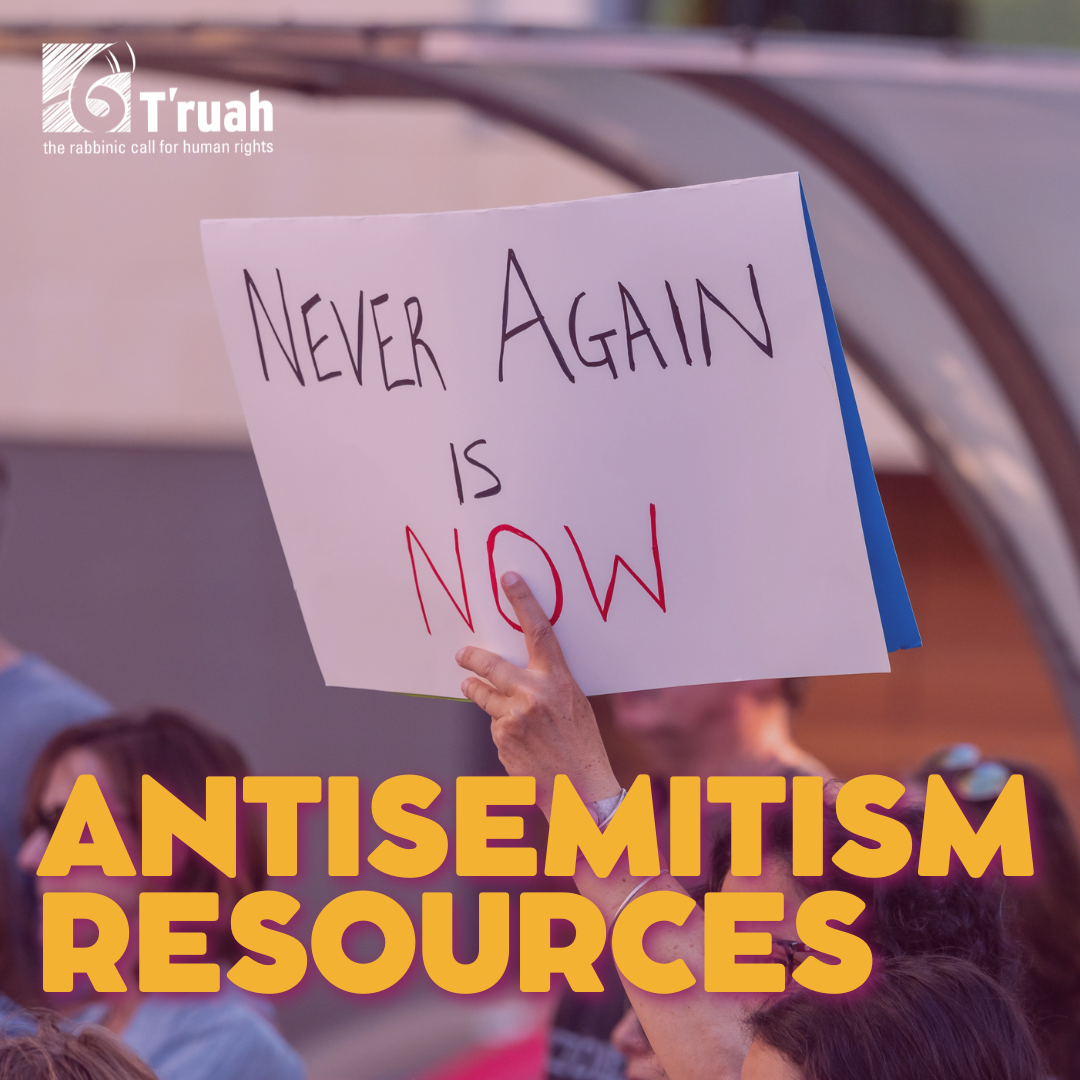Resources

Addiction: The Strange Fire in Our Midst
Commentary on Parshat Shmini (Leviticus 9:1 – 11:47) What happens when the gift we want to offer isn’t accepted? Why do our efforts to be holy sometimes have tragic consequences? Our Torah reading celebrates the completion of the Mishkan, the Tabernacle built to be God’s dwelling place amongst the people. Precise instructions have been followed,...
more

On Not Attending Prime Minister Netanyahu’s AIPAC Speech: Jewish Sources and Analysis
T’ruah, a network of more than 2,000 rabbis and cantors across the U.S. and Canada, calls on AIPAC attendees not to attend the speech by Prime Minister Benjamin Netanyahu, as Jewish law prohibits speaking and listening to lashon hara (evil speech), consorting with evildoers, and swaying a court case. Netanyahu regularly engages in speech that...
more

Are Scepters Only for Boys? (Purim)
Commentary on the Book of Esther. “Oh, there’s no such thing as boy things and girl things. It’s just whatever you like.” Such was my 7-year-old son’s gently delivered and matter-of-fact response when another child firmly told him that flowers and hearts are “girl things.” Faced with the notion that gender is a binary (there...
more

Memory — Defining Our Communities (Shabbat Zachor)
Commentary on the Torah reading for Shabbat Zachor (Deuteronomy 25:17-19) “We’re all in this thing together Walkin’ the line between faith and fear This life don’t last forever When you cry I taste the salt in your tears” —Old Crow Medicine Show Memory is at the very core of our identities. Jewish memory is both...
more

Creative Reconciliation (Parshat Pekudei)
Commentary on Parshat Pekudei (Exodus 38:21 – 40:38) Human beings can re-create the world, says the Torah in Parshat Pekudei. This is heartening news for Canadians. Only a few decades ago, the Canadian government supported the genocide of Indigenous peoples. But, with the closing of the last Indian residential schools, genocidal policies have come to...
more

Torah Against Incitement
In December 2015, T’ruah organized Jewish communities and individuals to study this text over Shabbat, as a response to incitement against activists in Israel. It is a talk given by Rabbi Aharon Lichtenstein, Rosh Yeshiva of Yeshivat Har Etzion and a major figure in the Orthodox movement, in the wake of Israeli Prime Minister Yitzhak...
more

Love as Resistance (Parshat Vayakhel)
Commentary on Parshat Vayakhel (Exodus 35:1 – 38:20) “He made the washbasin of copper and its stand of copper, from the mirrors of the women.” (Exodus 38:8) Parshat Vayakhel describes the mishkan, the portable desert sanctuary, as filled with beautiful items created from donated materials. Near its entrance stood a copper washbasin, a public fountain...
more

Sacred Noncompliance (Parshat Ki Tisa)
Commentary on Parshat Ki Tisa (Exodus 30:11 – 34:35) The Golden Calf is one of the most spiritually disturbing incidents in the narrative of the Israelites’ journey through the desert. While Moses is away on the mountain with God, the Israelite camp dissolves into a chaos of mistrust and idol worship under the care of...
more

Freedom of Speech in Jewish Tradition
Freedom of speech is an ancient Jewish value, as well as a keystone of democracy. Even if we find certain speech distasteful or disruptive, we all lose when we attempt to quash such speech—as long as it does not rise to the level of inciting violence. Boycotts have long been defined as a form of...
more

The Finest That We Have To Offer (Parshat Tetzaveh)
Commentary on Parshat Tetzaveh (Exodus 27:20 – 30:10) In religious and spiritual communities, I am often asked to “shed layers” — that is, to dig deep into my soul, discerning what truly matters and letting go of the rest. There is a sense that spiritual connection has to do with getting rid of the extra...
more



